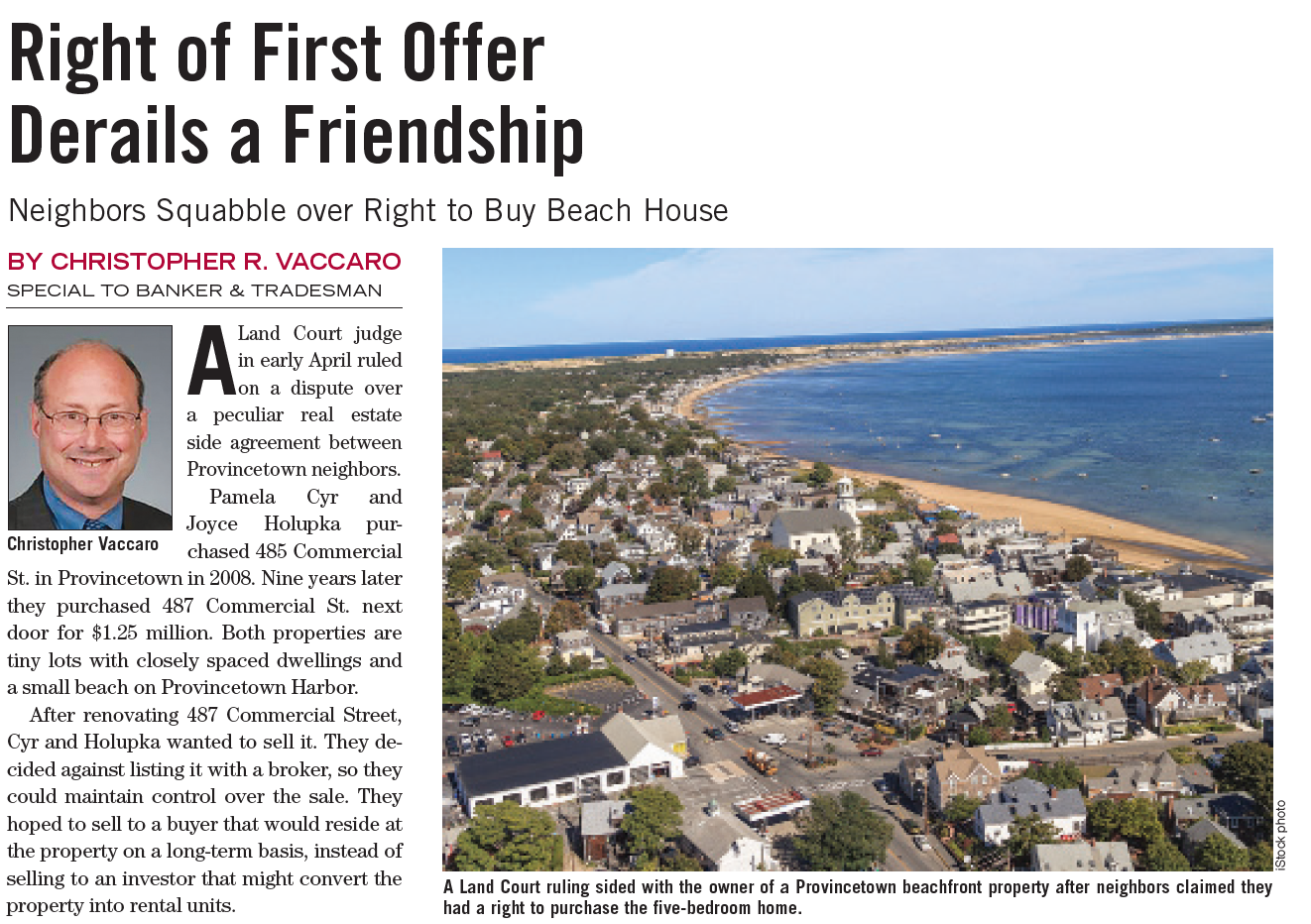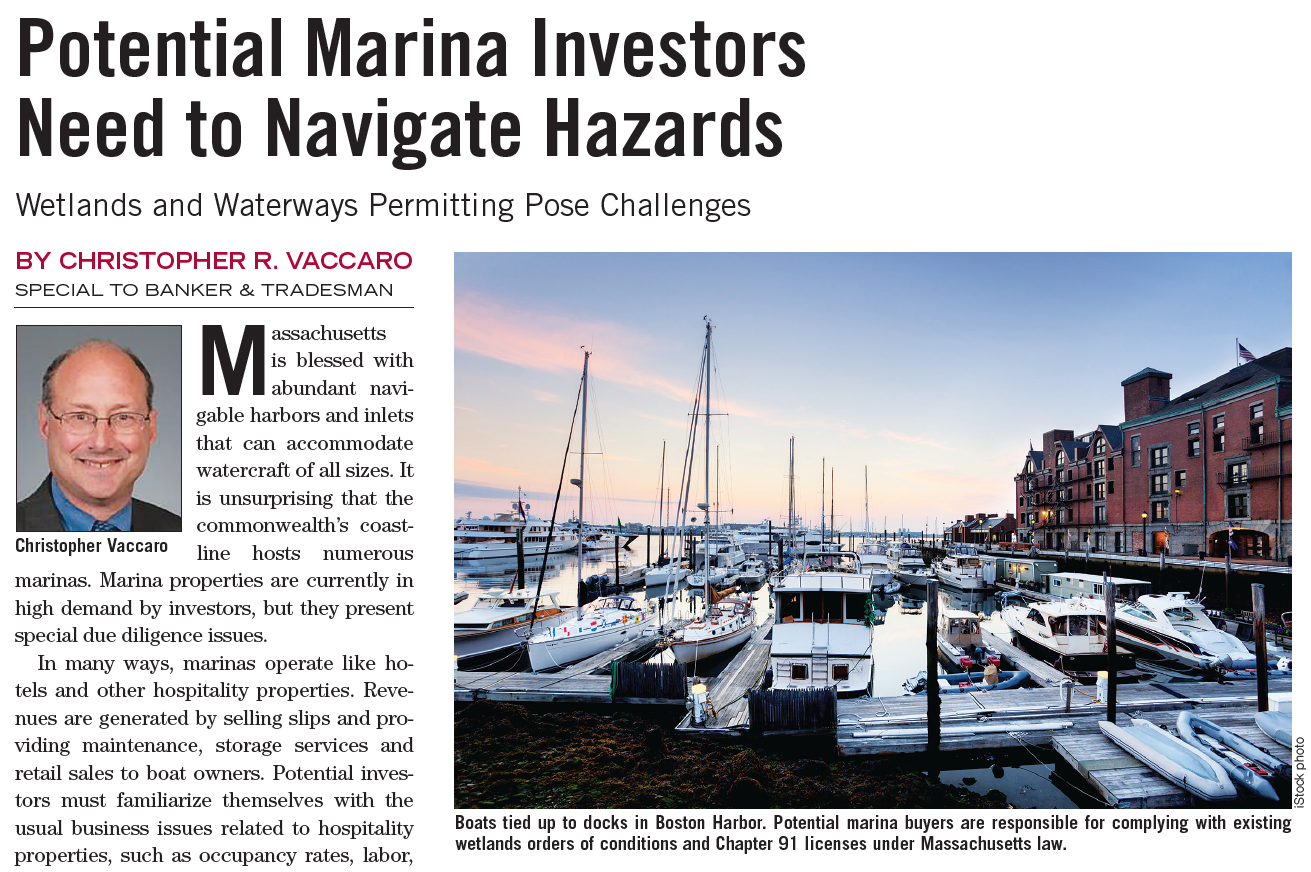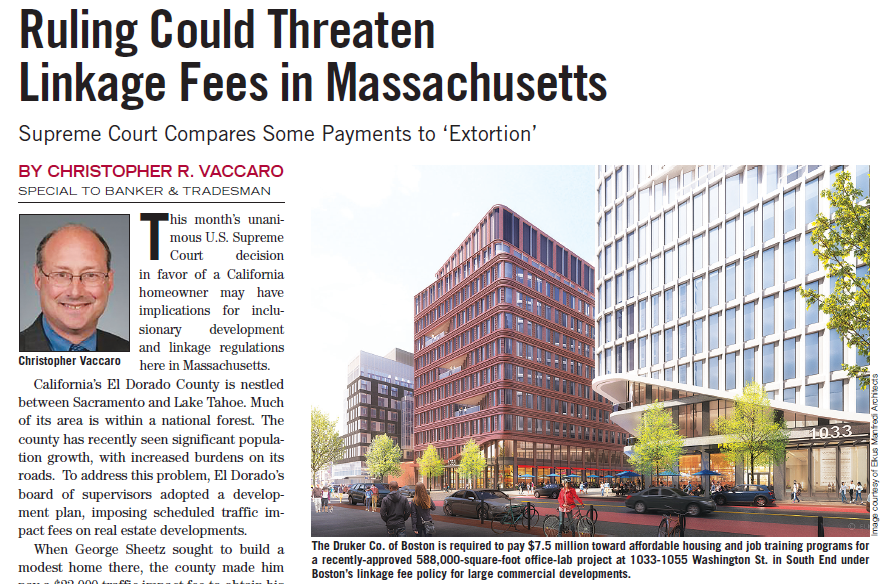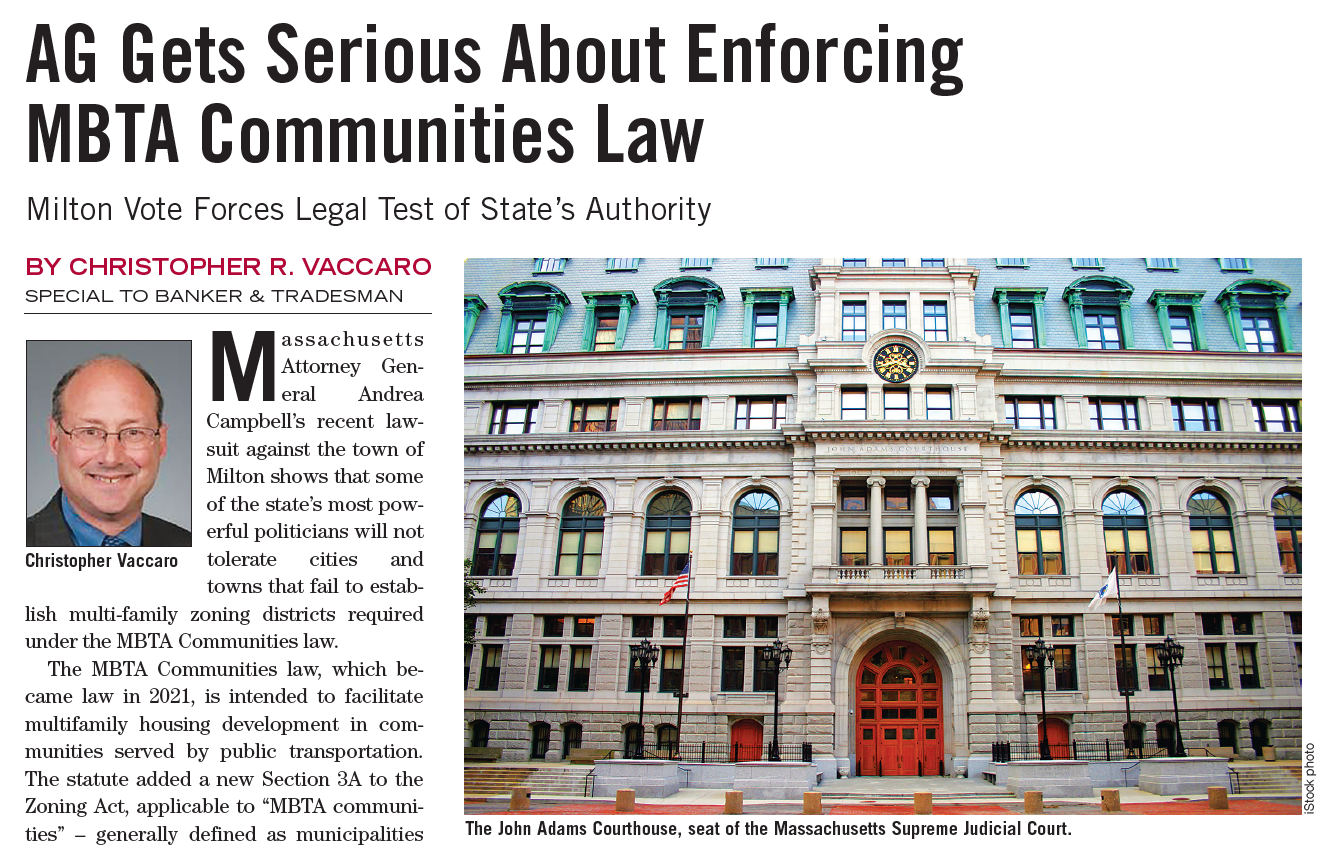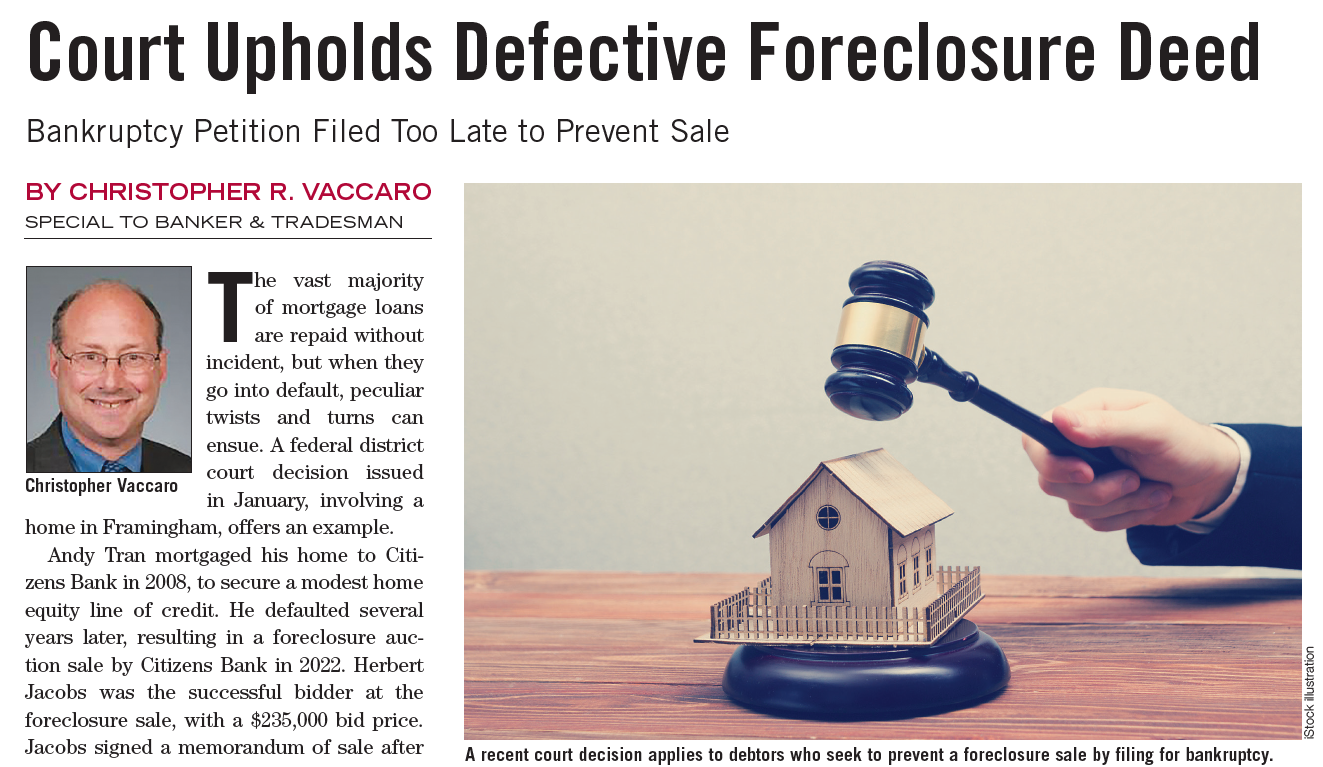
Neighbors Squabble over Right to Buy Beach House
By Christopher R. Vaccaro
Special to Banker & Tradesman

A Land Court judge in early April ruled on a dispute over a peculiar real estate side agreement between Provincetown neighbors.
Pamela Cyr and Joyce Holupka purchased 485 Commercial St. in Provincetown in 2008. Nine years later they purchased 487 Commercial St. next door for $1.25 million. Both properties are tiny lots with closely spaced dwellings and a small beach on Provincetown Harbor.
After renovating 487 Commercial Street, Cyr and Holupka wanted to sell it. They decided against listing it with a broker, so they could maintain control over the sale. They hoped to sell to a buyer that would reside at the property on a long-term basis, instead of selling to an investor that might convert the property into rental units.
Cyr and Holupka met Katherine Smith at a house party in 2018. The three women entered negotiations resulting in Smith’s purchase of 487 Commercial Street for $2.5 million. The sale was subject to a short, poorly drafted side agreement that gave Cyr and Holupka the right to repurchase 487 Commercial St.
If Smith decided to sell the property within four years, she first had to first notify Cyr and Holupka, who could repurchase the property for $2.5 million with a compound annual growth rate of 1 percent. If Smith wanted to sell after four years, Cyr and Holupka could repurchase the property for $2.5 million with the 1 percent compound annual growth rate, or for 5 percent below the best offer, whichever was less.
For a couple of years, Cyr, Holupka, and Smith were good friends, socializing with each other on the private beach. This friendship disintegrated when Smith told Cyr and Holupka that she was considering selling 487 Commercial St. Cyr and Holupka offered to pay Smith $2.8 million for the property.
Their offer included a request that if Smith listed the property for sale, Smith would allow them to buy the property for the amount offered, less 5 percent. The offer also asked Smith to add them to the exclusion list under any listing agreement. Smith sent them an email stating her intent to list the property, and agreeing to add them to the exclusion list.
An Obligation to Offer Property
After receiving Smith’s email, Cyr and Holupka hired a lawyer. Cyr then personally handed Smith a formal letter notifying Smith that she was exercising her right to purchase 487 Commercial St. for $2.5 million plus the 1 percent compounded annual growth rate. An upset Smith chose not to list the property for sale. Cyr and Holupka sued Smith in Land Court, to enforce the side agreement and compel Smith to sell them the property.
The Land Court judge considered whether the side agreement gave Cyr and Holupka an option to purchase 487 Commercial St., a right of first refusal, or something else altogether.
Cyr and Holupka argued that as soon as Smith shared her thoughts about selling 487 Commercial St., they had an option to repurchase the property from her. The judge disagreed with this argument, because it did not address the possibility that Smith could change her mind and decide not to market the property.
The judge also declined to characterize the side agreement as a right of first refusal, because Cyr’s and Holupka’s right to repurchase the property did not require Smith to first market the property and receive a bona fide offer to purchase from a third party.
The judge instead determined that the side agreement was a “right of first offer” obligating Smith to offer 487 Commercial St. to Cyr and Holupka for a set purchase price, before offering it to anyone else. He also ruled that the parties modified the side agreement when Smith agreed to put Cyr and Holupka on the exclusion list if she listed the property for sale.
Under the modified agreement, if Smith listed the property and received an acceptable offer, she would have to sell 487 Commercial St. to Cyr and Holupka for 5 percent less than the amount offered. Smith later decided not to sell the property, so according to the judge, she did not have an obligation to sell the property to Cyr and Holupka.
The judge pointed out that the side agreement remains in effect. When Smith eventually decides to sell 487 Commercial St., she will have to contend with Cyr, Holupka, and the side agreement. It is unknown as to when Smith will sell her property. Until then, life will be much chillier and less friendly on the small private beach at 485 and 487 Commercial St.
Download the article as seen in Banker & Tradesman on April 29, 2024. Learn more about Christopher R. Vaccaro.

